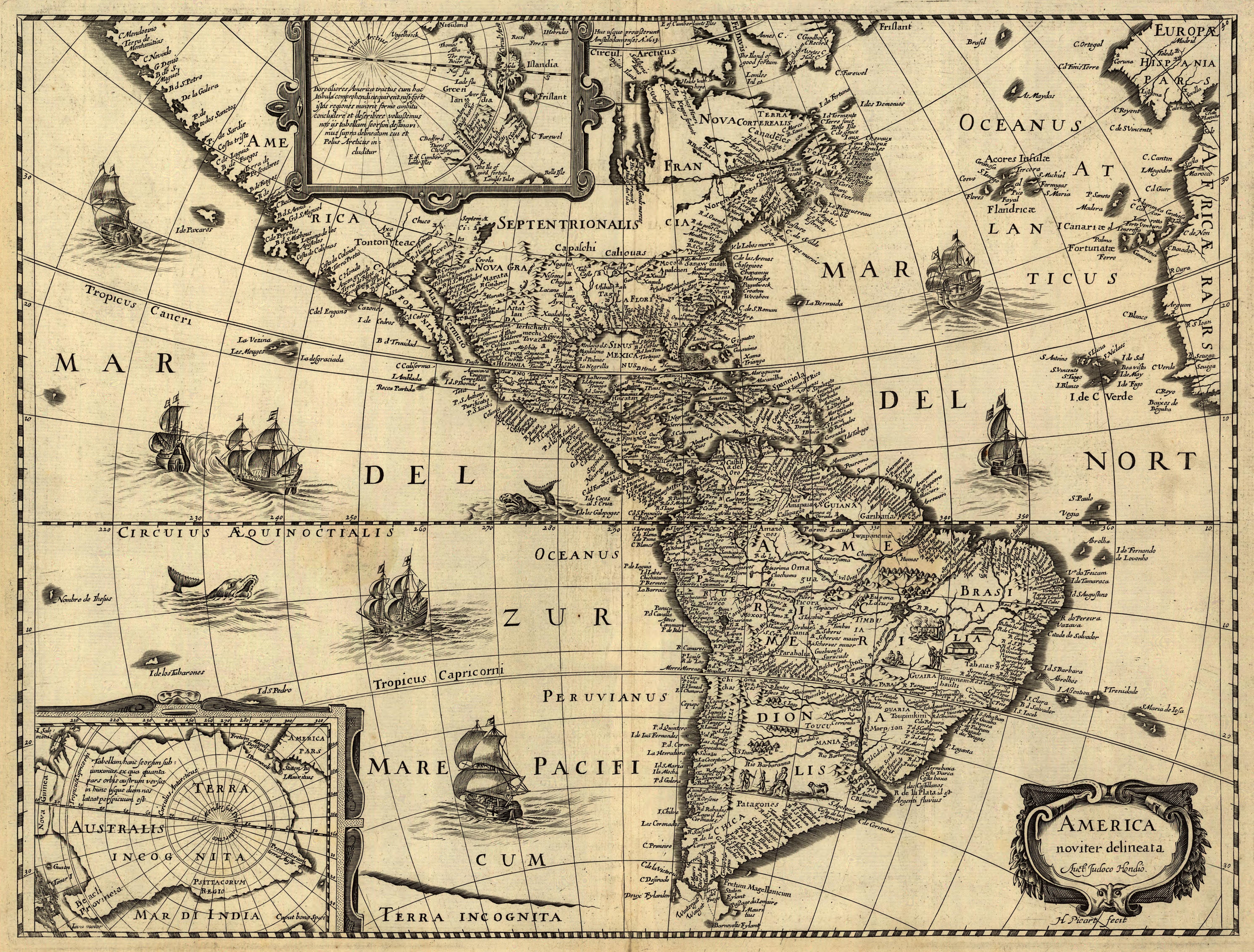
History of Latin America
The term Latin America originated in the 1830s, primarily through Michel Chevalier, who proposed the region could ally with "Latin Europe" against other European cultures. It primarily refers to the Spanish- and Portuguese-speaking countries in the New World.
Before the arrival of Europeans in the late 15th and early 16th centuries, the region was home to many indigenous peoples, including advanced civilizations, most notably from South: the Olmec, Maya, Muisca, Aztecs and Inca. The region came under control of the kingdoms of Spain and Portugal, which established colonies, and imposed Roman Catholicism and their languages. Both brought African slaves to their colonies as laborers, exploiting large, settled societies and their resources. The Spanish Crown regulated immigration, allowing only Christians to travel to the New World. The colonization process led to significant native population declines due to disease, forced labor, and violence. They imposed their culture, destroying native codices and artwork. Colonial-era religion played a crucial role in everyday life, with the Spanish Crown ensuring religious purity and aggressively prosecuting perceived deviations like witchcraft.
In the early nineteenth century nearly all of areas of Spanish America attained independence by armed struggle, with the exceptions of Cuba and Puerto Rico. Brazil, which had become a monarchy separate from Portugal, became a republic in the late nineteenth century. Political independence from European monarchies did not result in the abolition of black slavery in the new nations, it resulted in political and economic instability in Spanish America, immediately after independence. Great Britain and the United States exercised significant influence in the post-independence era, resulting in a form of neo-colonialism, where political sovereignty remained in place, but foreign powers exercised considerable power in the economic sphere. Newly independent nations faced domestic and interstate conflicts, struggling with economic instability and social inequality.
The 20th century brought U.S. intervention and the Cold War's impact on the region, with revolutions in countries like Cuba influencing Latin American politics. The late 20th and early 21st centuries saw shifts towards left-wing governments, followed by conservative resurgences, and a recent resurgence of left-wing politics in several countries.